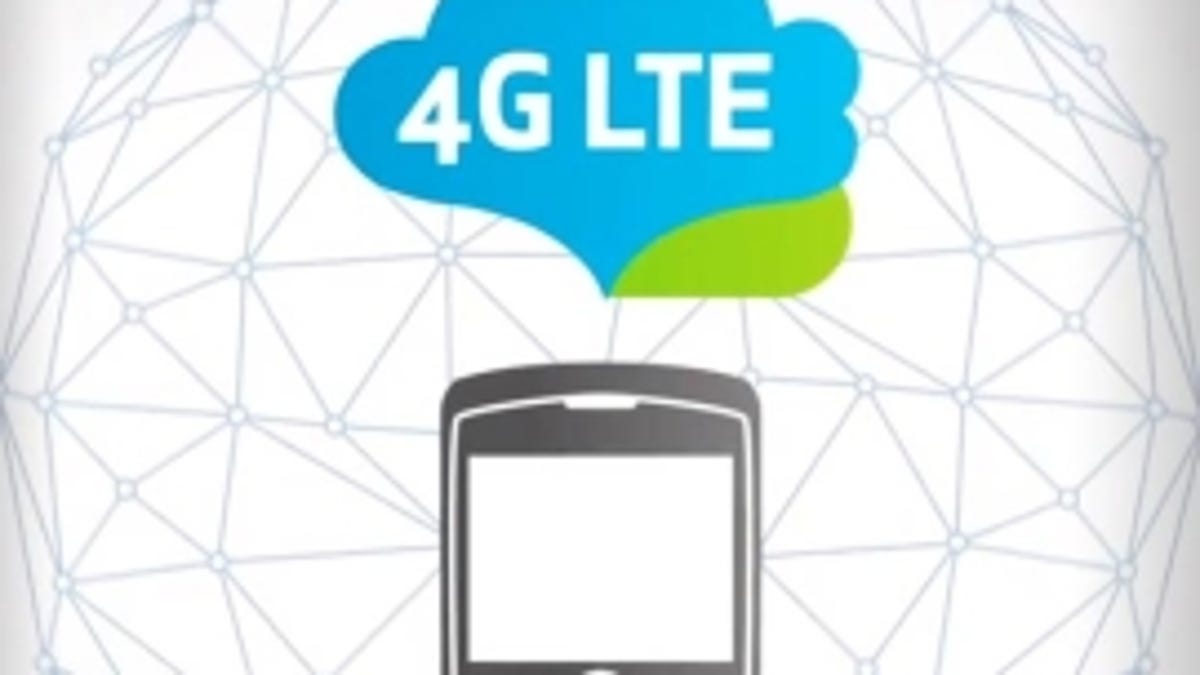4G LTE in Europe to get spectrum boost--next year
European Parliament says the 800MHz spectrum is ideal for 4G--it easily penetrates walls and can travel long distances--so let's not look at opening it up as a chore.

European mobile customers hoping to get 4G LTE are one step closer to getting their wish.
The European Parliament yesterday announced that member countries will be forced to authorize the 800MHz spectrum to be used for 4G LTE by January 1. The countries will have room for 4G on that spectrum, thanks to a continent-wide changeover from analog television services to digital by the end of this year.
"We have ensured that sufficient amounts of spectrum both for coverage and capacity are made accessible in the EU to achieve the fastest mobile broadband worldwide," Swedish Christian Democrat Gunnar Hokmark, who helped push the legislation through Parliament, said in a statement.
The parliament says the 800MHz spectrum is ideal for 4G, since it easily penetrates walls and buildings, and can travel long distances. The parliament also argues that the spectrum will make it cheaper to build the networks.
Although 4G LTE rollouts are under way across the U.S., in Europe, progress is slow. As CNET's Maggie Reardon pointed out last month, "in some countries, operators still haven't bid on wireless spectrum that they will use to build the new 4G networks."
It's somewhat surprising Europe is so slow to adopt 4G, since the continent jumped quickly on 3G. In fact, many countries around Europe are still far ahead of the U.S. in terms of 3G availability. However, as Reardon said in her look at 4G last month, "many European carriers are gun-shy about investing too soon in building 4G networks."
To make its case, the European parliament has said member countries shouldn't view opening the 800MHz spectrum for 4G as a chore, but one that could significantly help create new economic opportunities.
"By this decision on radio spectrum policy we are taking the necessary steps in order to regain a European global leadership regarding mobile telecoms, with all the opportunities for European telecoms industry as well as for new services, new jobs and new growth," the parliament said yesterday in a statement.

